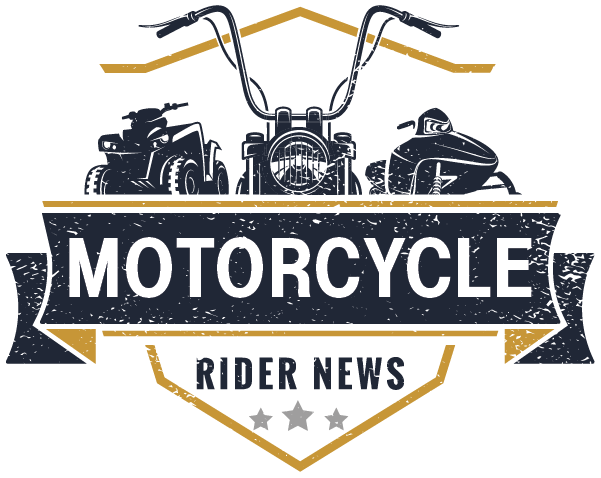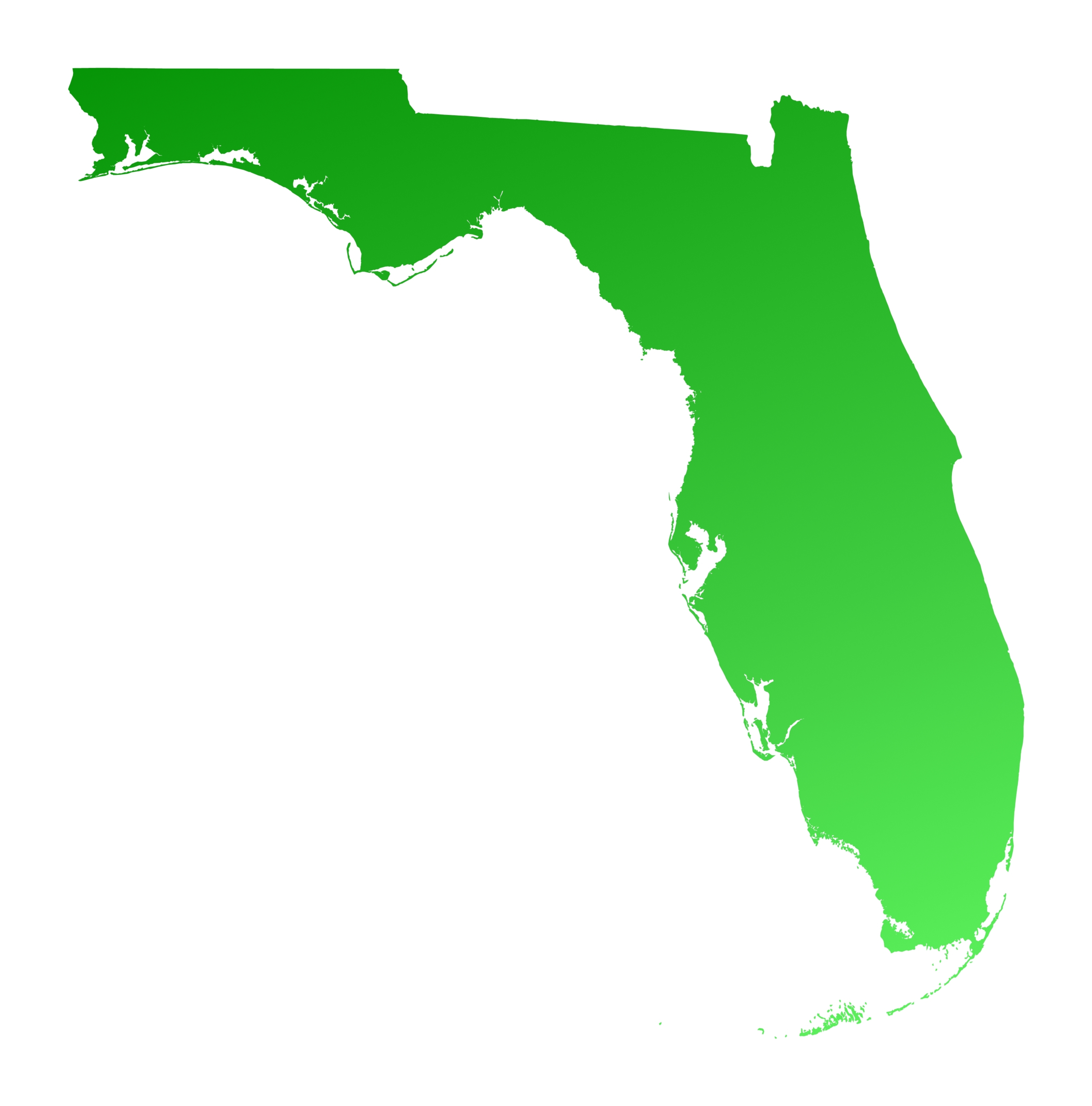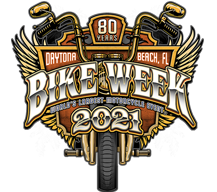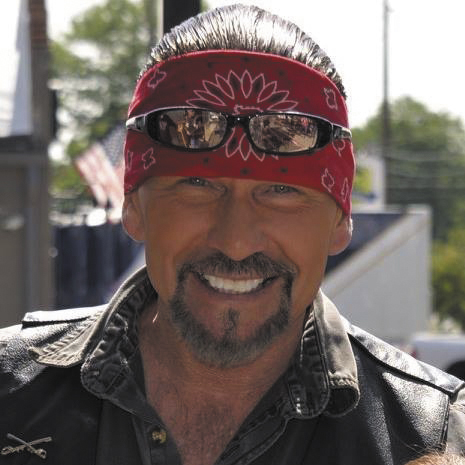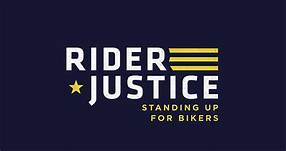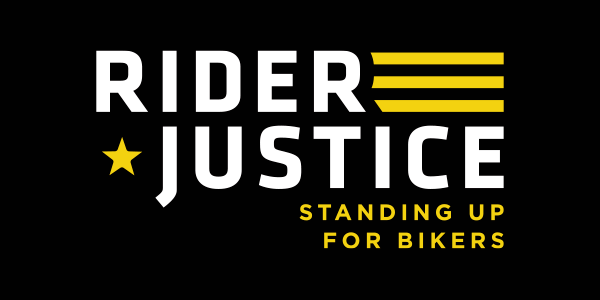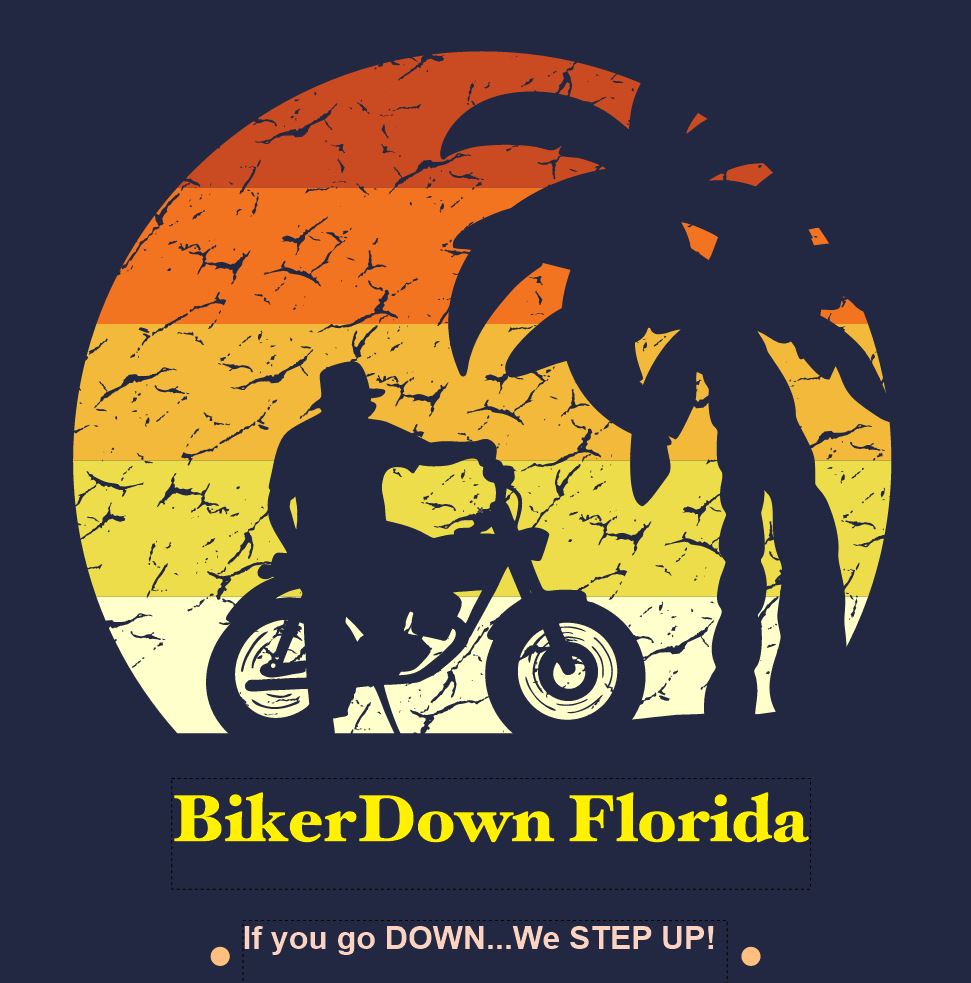
Florida has the second highest number of registered motorcycles in the nation (following just behind California). The Daytona Beach Bike Week, one of the largest motorcycling events worldwide, is one draw; the warm weather, long stretches of open roads, and scenic ocean routes are another. However, motorcycle accidents are one of the leading causes of vehicular accident deaths in Florida.
Our state’s average number of motorcycle deaths is higher than California’s, despite our smaller population, and our number of fatalities per one million residents is close to double the next highest number. In 2021, there was approximately 6,000 motorcycle accidents and 600 fatalities, and it’s obviously too early to tell how 2022 will go, but it’s possible that the rate of accidents and fatalities for motorcyclists in and across Florida will continue to rise this year.
There are many reasons why motorcycles in Florida are frequently involved in crashes, but one of the big reasons is ignorance. When motorcyclists and drivers believe falsehoods about motorcycle safety and operation, they increase their chances of being injured. Knowledge is power. That’s why we wanted to take a minute to highlight some of these untruths and give you the correct information that could potentially save your life or the lives of others around you as you drive in 2022!
Here are the 7 most popular motorcycle accident myths, and what you need to know about each of them:
It’s safer to ride on a local street than on a Florida highway. That’s not true! Most people (including both motorcyclists and other passenger vehicle and commercial vehicle drivers) believe that it is safest for motorcyclists to avoid the interstates and instead opt to ride on city, suburban, or rural streets because of the slower speeds. I-95, one of the major highways, can be intimidating, and there are so many accidents that regularly occur that it makes sense why motorcyclists would try to avoid it. However, slower speeds don’t equal safety – speed only matters when it comes to the crash itself, not whether or not there is a crash. Research has shown that it’s actually safer for motorcyclists to ride on highways because there are no pedestrians, no crossroads from which a vehicle can appear suddenly, and no traffic moving in multiple directions. There are also fewer objects a motorcyclist could collide with if they do exit the road. Everyone who has driven in city areas knows that driving there can be confusing and hectic, especially during rush hour and because of the one-way streets and the amount of pedestrians crossing. Statistics reveal that between 62% and 90% of motorcycle fatalities occur on surface streets rather than interstates.
It’s safest to “lay it down” if you can’t avoid a crash. That’s not true! This is one of the most dangerous Florida motorcycle accident myths because most people accept this as a safety rule when it can actually increase your chances of injury. Laying down your bike while trying to prevent colliding with another vehicle causes you to lose any control you have over your bike and yourself. It increases the chances of you suffering injuries from hitting the ground and the chances of a car running over you. Motorcyclists used to be taught to lay their bikes down in safety courses, but that was when bikes did not have the same technological safety features that they have now (anti-lock brakes, etc.); now, “laying it down” is no longer recommended unless you are facing a crash with a guardrail that has a steep drop beyond it (rare in Florida).
Having loud pipes decreases the likelihood of an accident. That’s not true! Many Florida motorcyclists believe that having loud pipes acts as a signal to other drivers to warn them a motorcycle is nearby and makes it less likely a driver will hit them, but data shows otherwise. North America’s best-known study on motorcycle safety, the Hurt Report (1981) found that motorcycles with loud pipes were at a higher risk for being involved in a crash. This is likely due to the fact that motorcyclists’ hearing is blocked or desensitized by the noise (a phenomenon known as noise fatigue) or that drivers are annoyed by the noise and become more aggressive. Brightly colored clothing is better for visibility than loud pipes.
It’s extremely dangerous to split lanes. That’s not necessarily true, but it is illegal in Florida. Lane splitting, the practice of passing between the lanes of slow-moving or stopped vehicles during heavy traffic, has long been frowned upon. It’s only expressly legal in California; lane splitting in Florida is explicitly forbidden by law (Florida Statute 316.209). All Tampa motorcyclists should obey the law – obviously, as lawyers, we advocate that you do avoid illegal lane splitting, both for your safety, for order/predictability on the roads, and for avoiding liability if an accident does occur! However, the law may change in the years ahead as more research is conducted. According to a new study by the University of California Berkeley, splitting lanes in heavy traffic makes riders less likely to be struck from behind and less likely to suffer head or torso injuries if lane splitting is done responsibly.
Florida is the best place to ride a motorcycle, at least when it comes to weather. That’s not true! This is another one of the major Florida motorcycle accident myths that can cause drivers to have a false sense of security. Florida is actually the most dangerous place to ride a motorcycle – and Florida has other dangers. When it comes to weather, our state isn’t all sunshine and warm breezes – we have rain nearly every day during the summer and a fourth month-long hurricane season. The combination of appealing roads and dangerous weather is a contributing factor to the high amount of crashes we have here. Another factor is the number of senior drivers we have on the roads in Florida who may not have the sharp hearing, eyesight, and reaction times needed to be aware of motorcyclists.
If you’re partially at fault for a motorcycle accident, you can’t recover damages. That’s not true! Florida uses a “comparative negligence standard” to award damages to injured accident victims. This means that the amount of compensation you can win is affected by the role you played in the accident, but you can still receive compensation. For example, if you were the motorcyclist in the crash, and you were speeding, but a car swerved in your lane and hit you, you may be found to be 20% at fault and they may be found to be 80% at fault. You would be able to recover 80% of the damages awarded by the court. An investigation is needed to determine fault in any accident; even if you think that you were 100% at fault for the crash, you are not aware of all of the facts, and it’s a good idea to consult with a local lawyer to find out what your percentage of liability actually is. You may be able to recover more than your insurance company has led you to believe!
Hiring a Florida motorcycle injury lawyer is expensive. That’s not true! Most motorcycle injury lawyers, charge for legal representation on a contingency fee basis. This means that if you are injured in an accident, and you hire a lawyer who charges on contingency, you will not have to pay them anything upfront or out of your own pocket. If and when they win a settlement on your behalf, their fee will come as a percentage of that settlement, which you would not have recovered without their assistance. Contingency fee arrangements can benefit injured accident victims regardless of their socioeconomic status, and make finding quality representation affordable! When your medical bills are expensive, retaining a lawyer may be the best financial decision you can make.
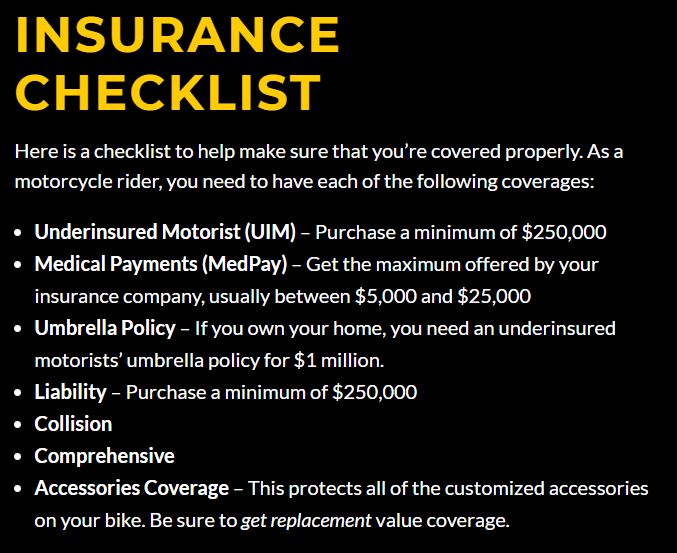
Florida is a beautiful state to live and ride in, but knowledge is power. Many riders travel to Florida in the winter months and don’t always understand that laws differ from state to state. it is important if you are traveling down to Florida to ride that you understand the insurance laws and get an insurance review from a board-certified motorcycle law firm. They don’t sell insurance, but they sue insurance companies. They can take a look at your policies and give you great recommendations to ensure that in the event of an accident you are covered.
If you are in an accident, we recommend that you contact a 501(c)(3) non-profit called BikerDown Foundation (@bikerdownflorida) and do a help request at www.bikerdown.org. BikerDown for 12 years has been serving the biker community nationwide to help injured motorcycle riders. They currently have a chapter in the Tampa area, and Ft. Lauderdale.
If you need an insurance review please email Laurie@bikerdown.org and she can give you the names of several firms that can give you a FREE insurance review.
